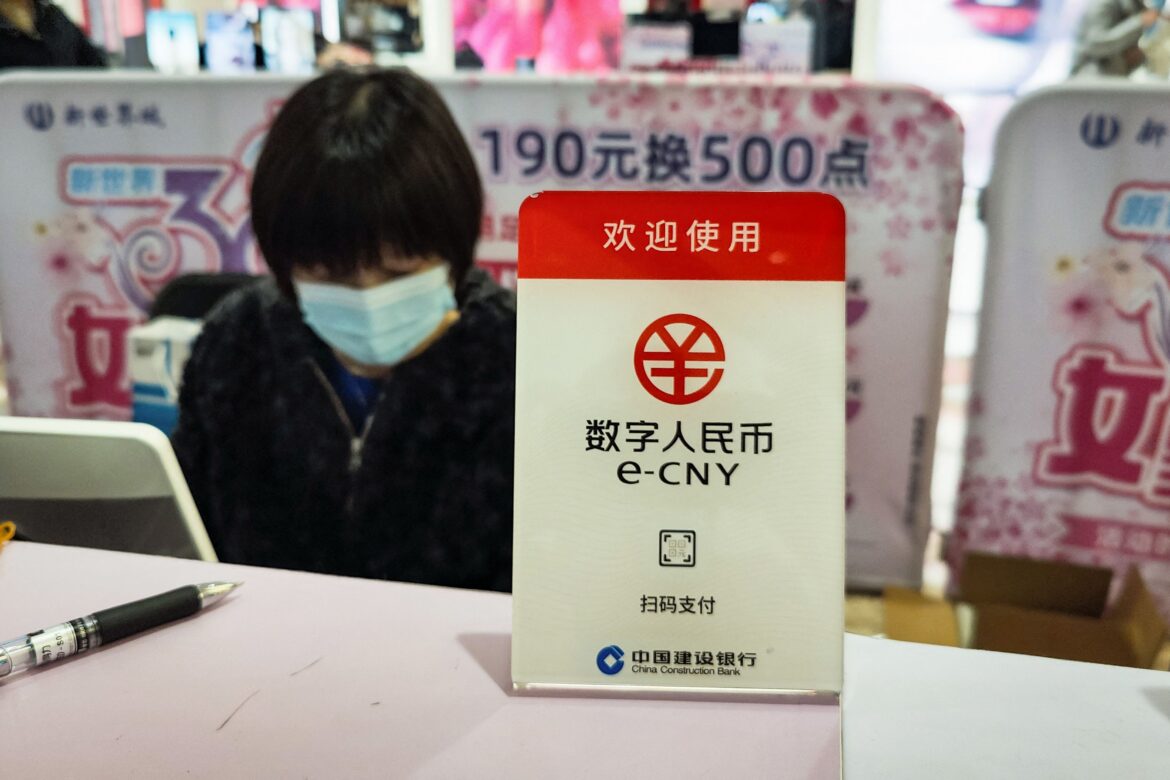 Central Banks across Asia are pushing their own Central Bank Digital Currency (CBDC), the Digital Yuan. Over the weekend, the Bank of China’s has showcased a machine prototype that’s designed to let foreigners try out the Central Bank Digital Yuan.
Central Banks across Asia are pushing their own Central Bank Digital Currency (CBDC), the Digital Yuan. Over the weekend, the Bank of China’s has showcased a machine prototype that’s designed to let foreigners try out the Central Bank Digital Yuan.
At the 4th Digital China Summit (DCS) attended by several Chinese central government ministries this last weekend, the People’s Bank of China (PBoC) made by far the most extensive demonstration of its work on the country’s central bank digital yuan, known as e-CNY or DC/EP. Attending this years summit were big name players like Alibaba’s Ant Group, Tencent, JD.com and Huawei who set up kiosk to unveil their e-CNY wallet and services.
What was presented was the idea that overseas nationals with valid passports can put foreign banknotes into a machine, which will issue a physical e-CNY card based on the exchange rate.
The prototype of the e-CNY card for foreigners also has a small screen that shows the available balance of the hardware wallet and can be used in shops that have an e-CNY payment terminal. The report added that the digital yuan will be put into real-world use during the next Winter Olympics, slated for February 2022 in Beijing.
China’s push for a digital yuan may have the greatest potential to impact the global economy, considering the government’s ambition to internationalize its currency. Despite China’s status as the world’s second-largest economy, the yuan or renminbi lags far behind other international currencies.
However, a central bank digital currency (CBDC) is a “central bank-issued digital money denominated in the national unit of account, and it represents a liability of the central bank,” says the Bank of International Settlement (BIS). Unlike existing e-money and cryptocurrencies. BIS continues, a CBDC represents a direct claim on a central bank rather than a liability on a private financial institution.
The digital yuan has not been rolled out nationwide yet.



